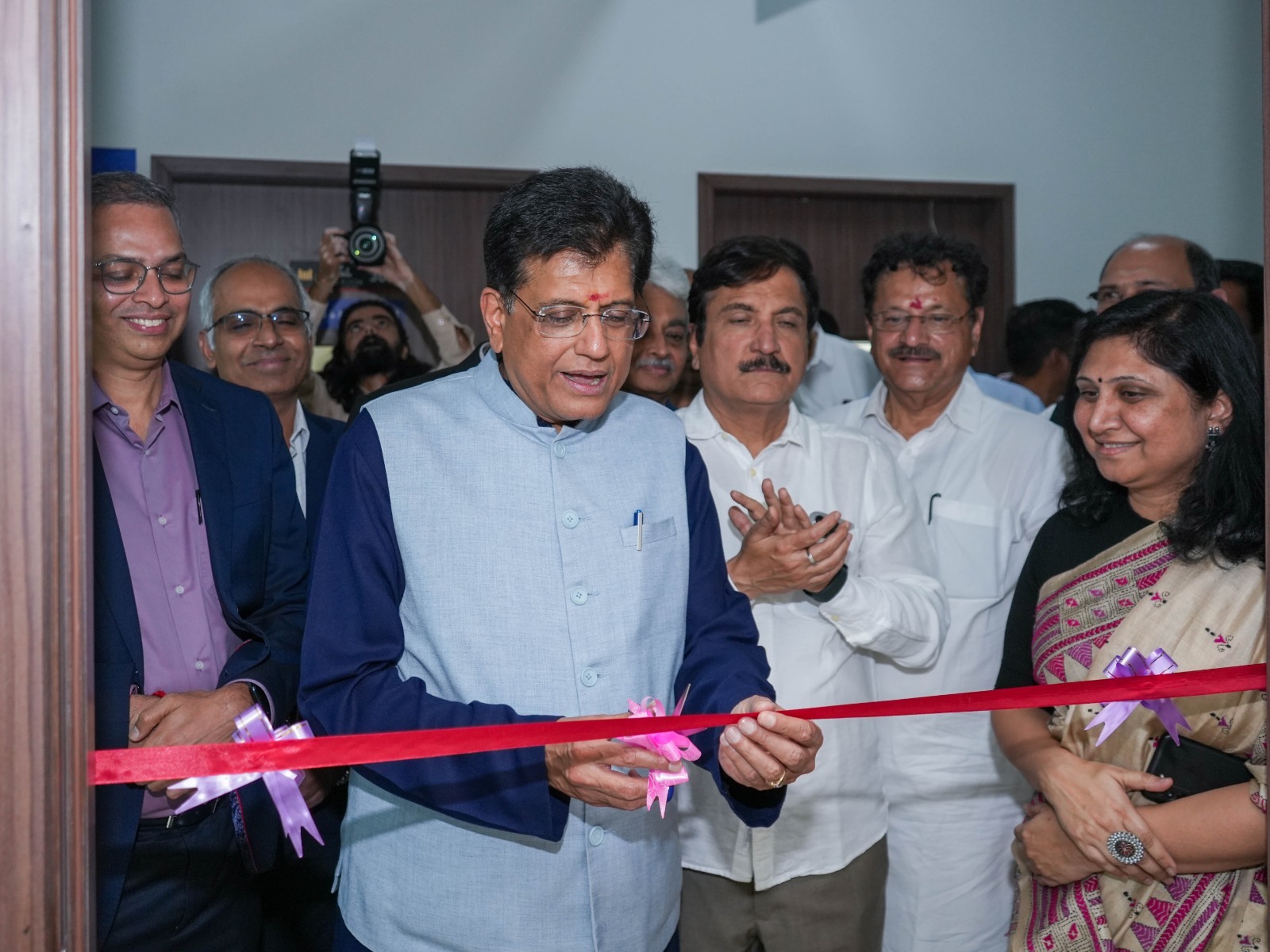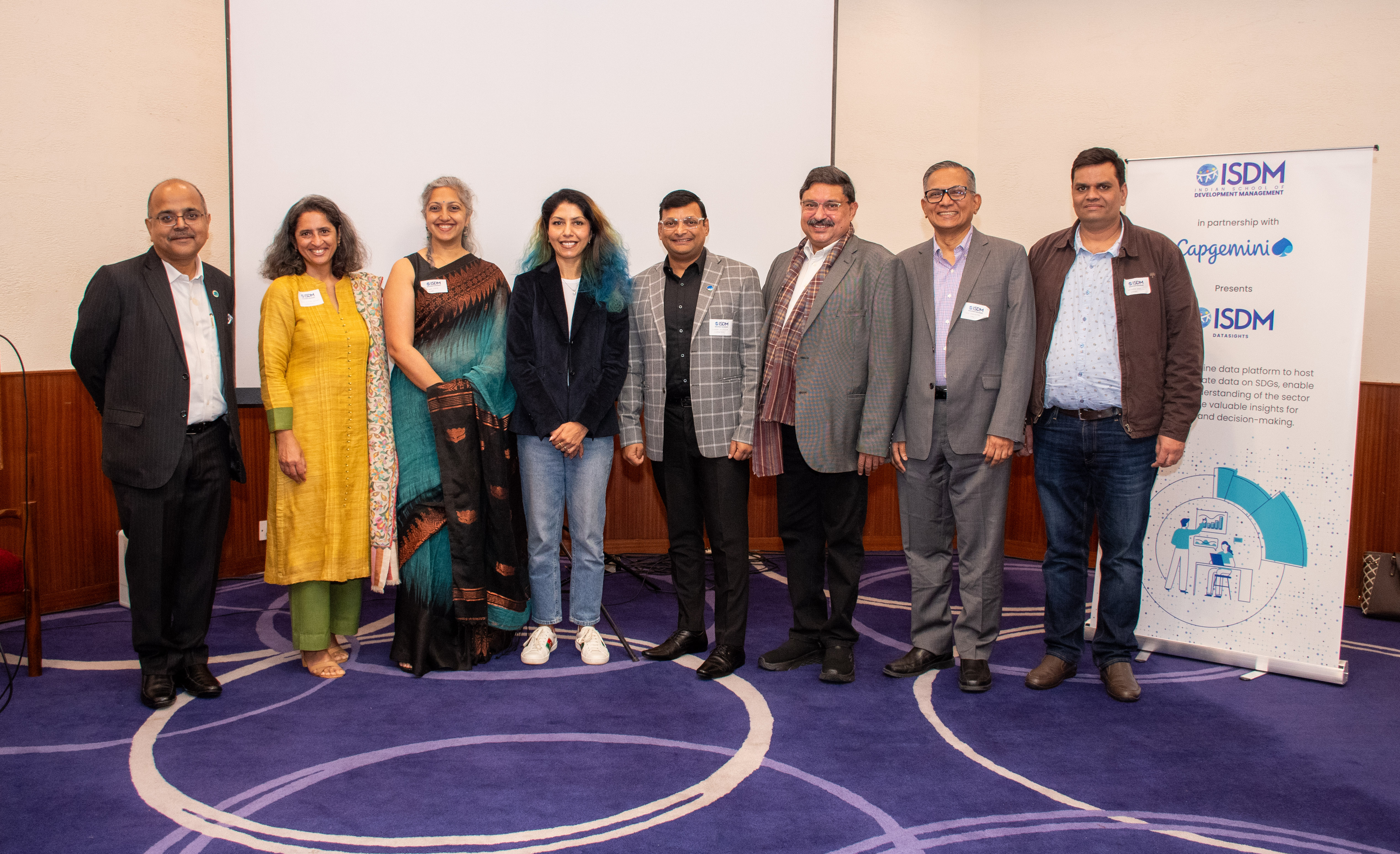Back to the Grant Listing
Post a Grant announcement
Advertise with us

Subscribe our Weekly Newsletter
More Grants
---------------------------------------------
Organization:
Apply By: 01 Jan 1970
Latest Online Store
Latest Tenders And EOIs
Latest News
© Renalysis Consultants Pvt Ltd


























